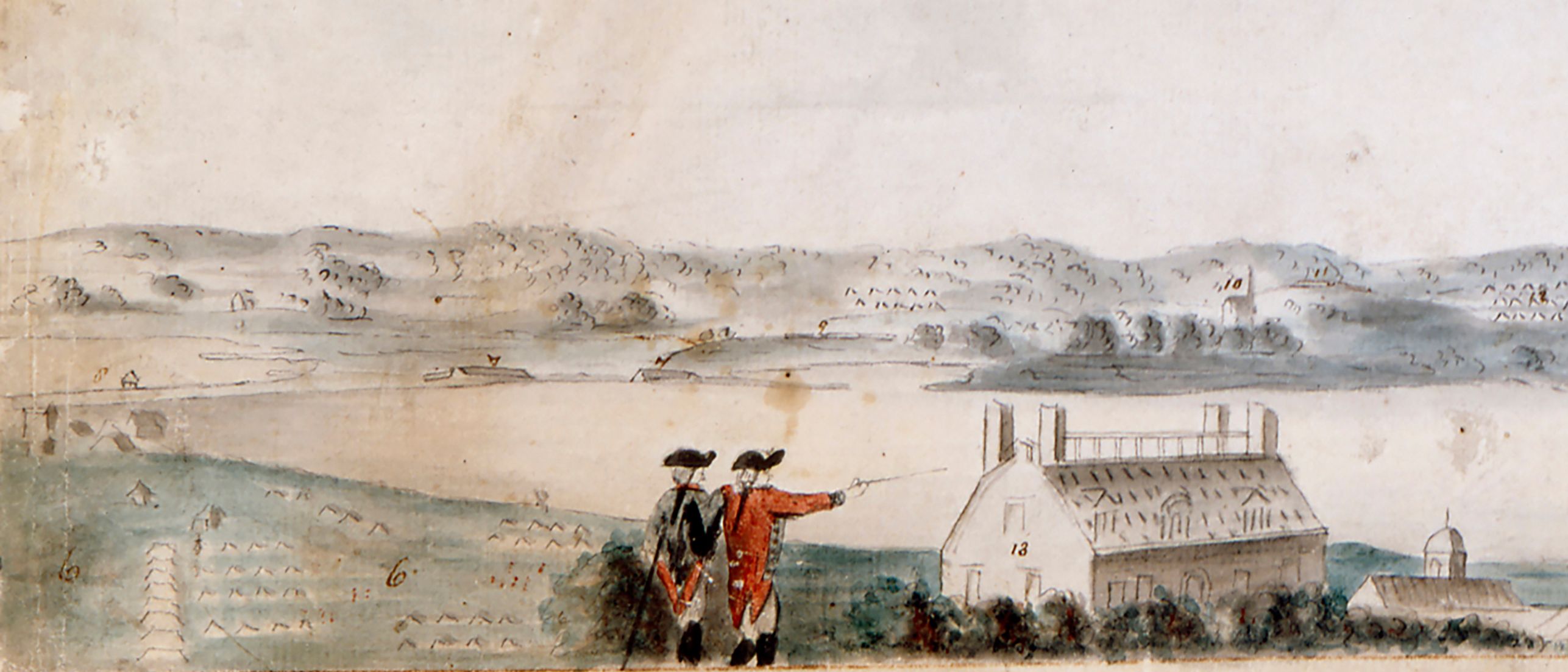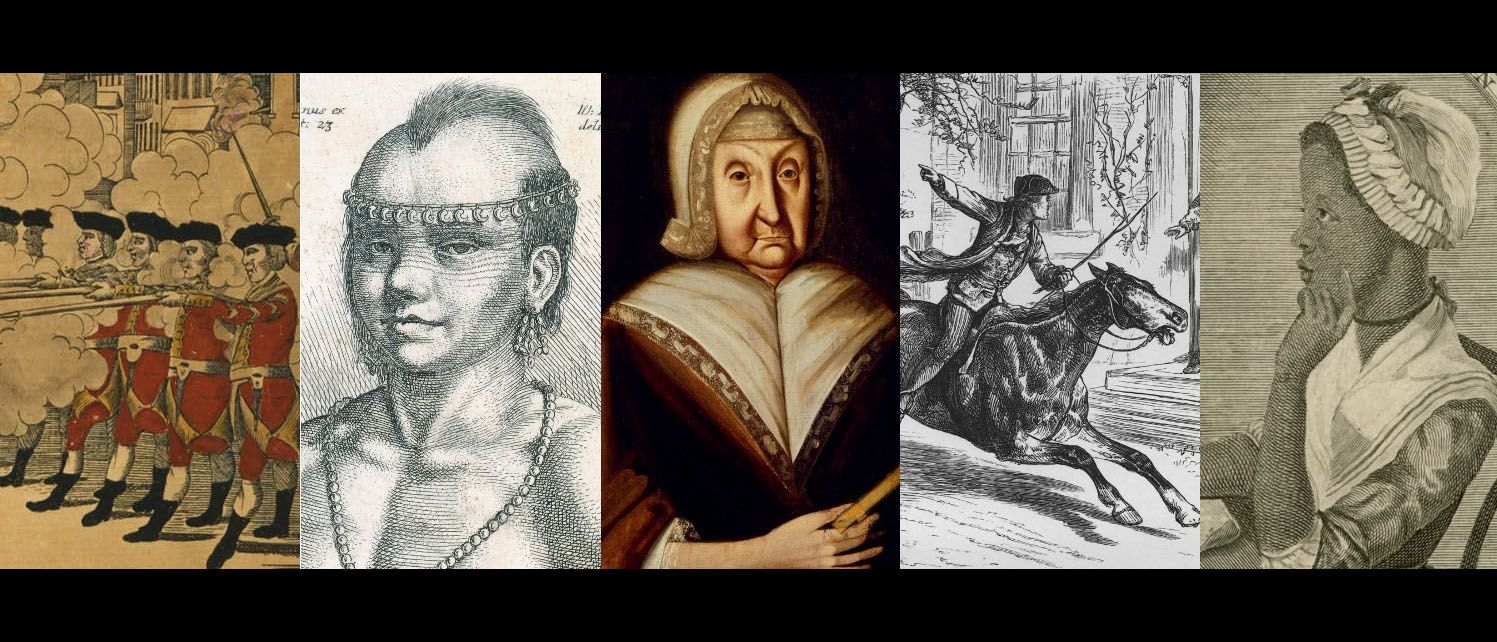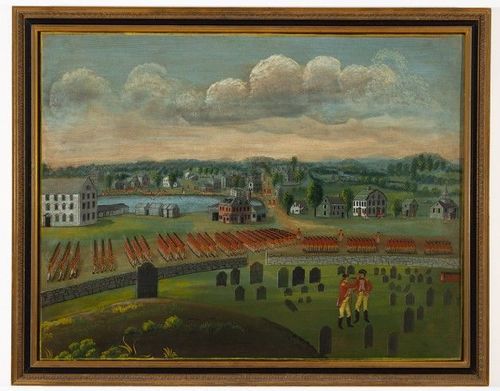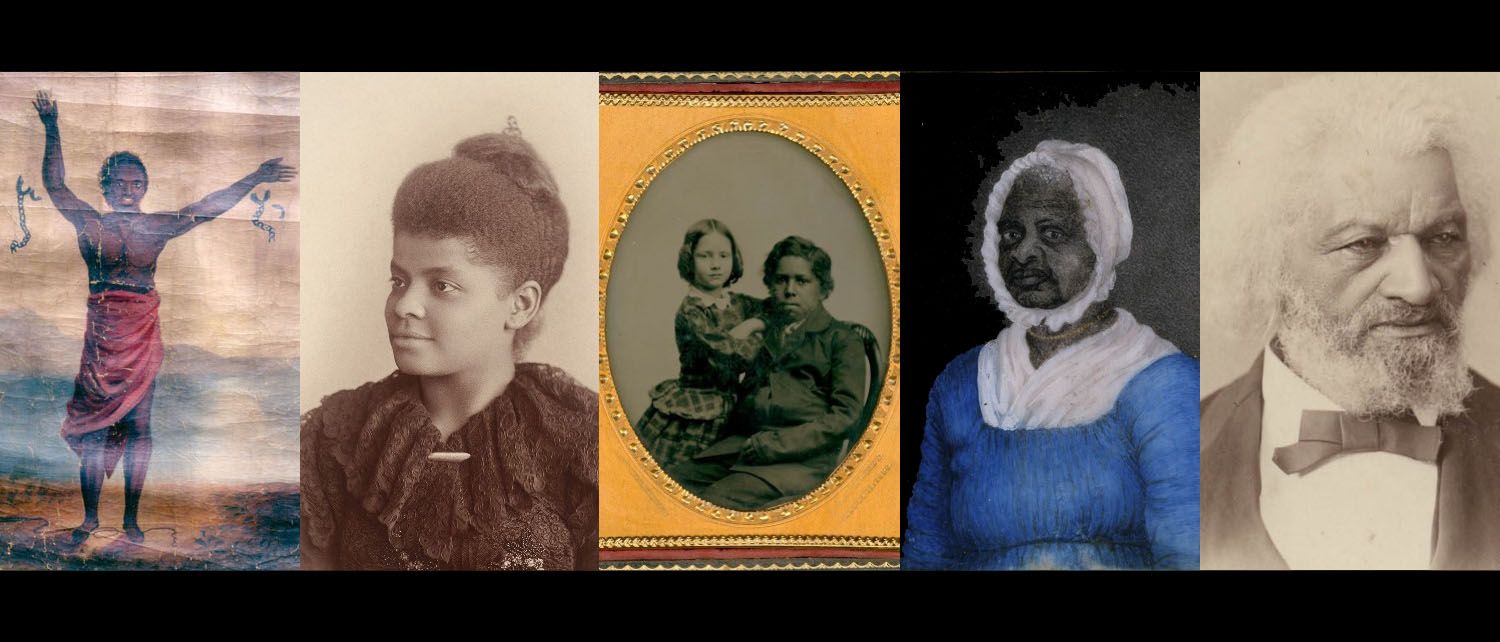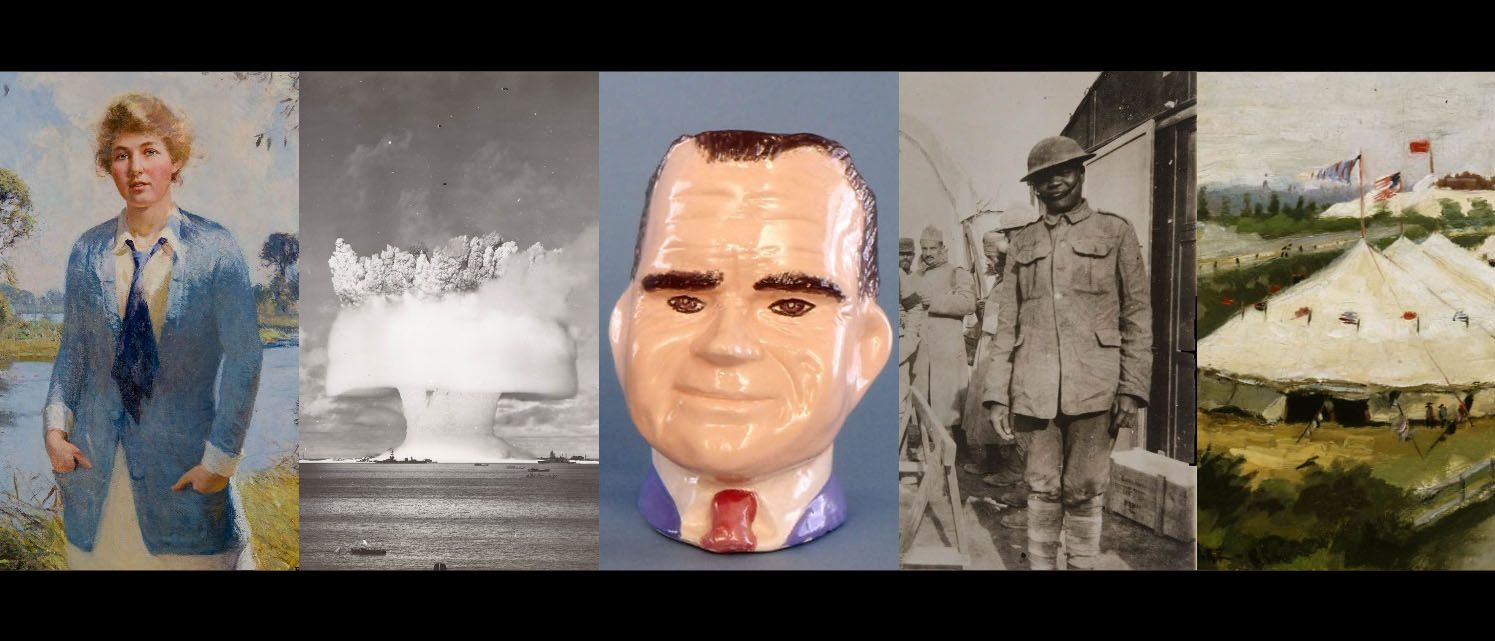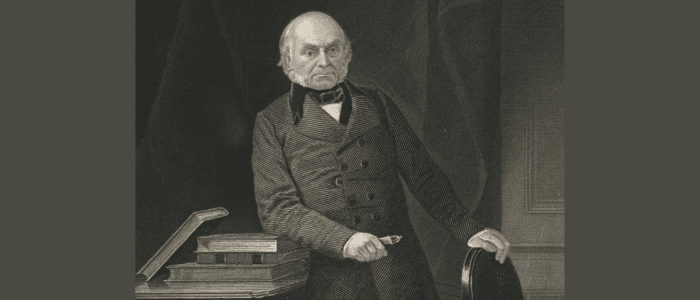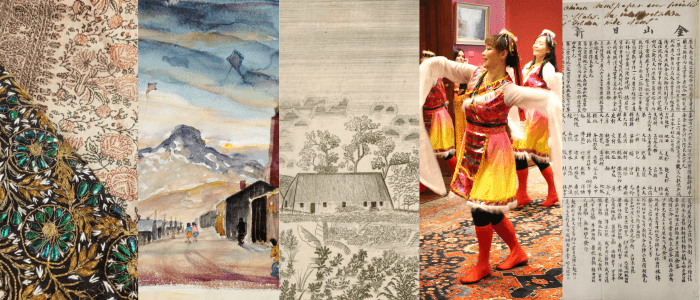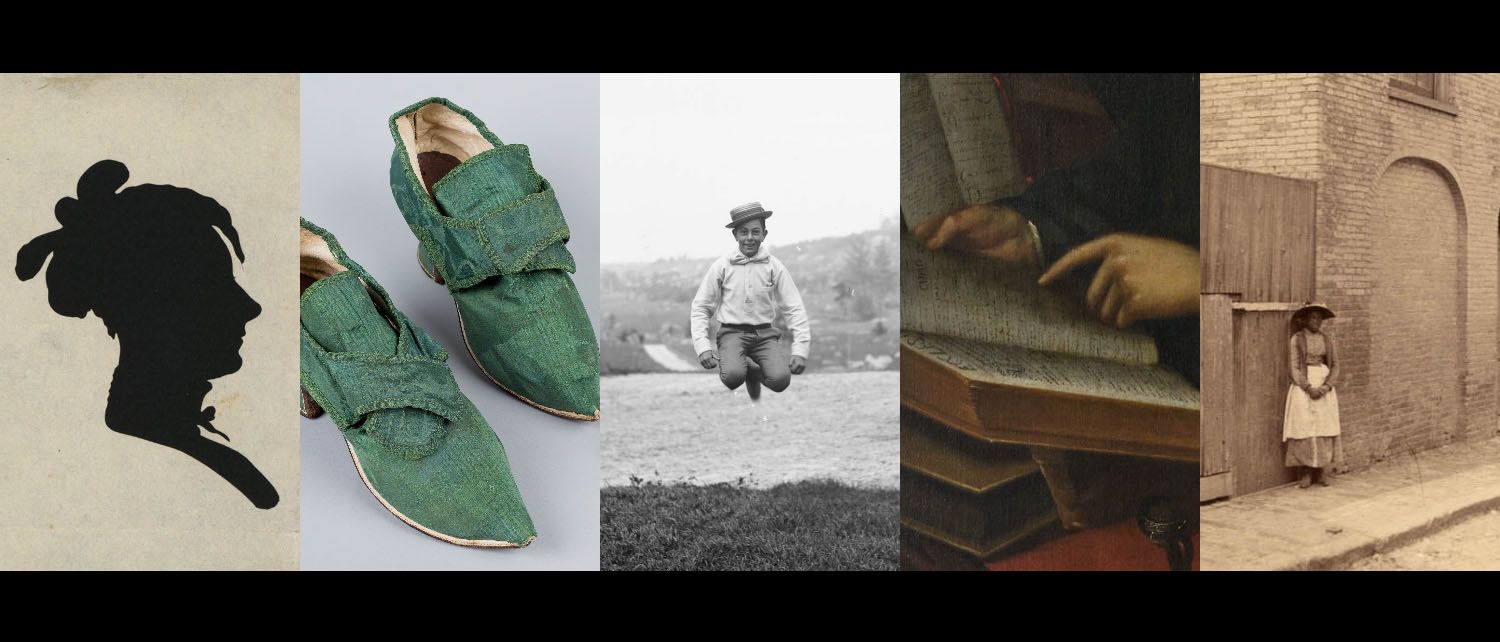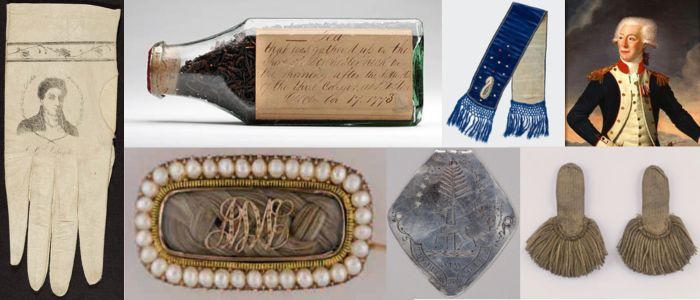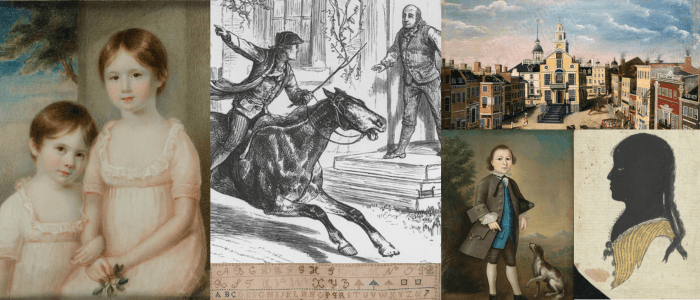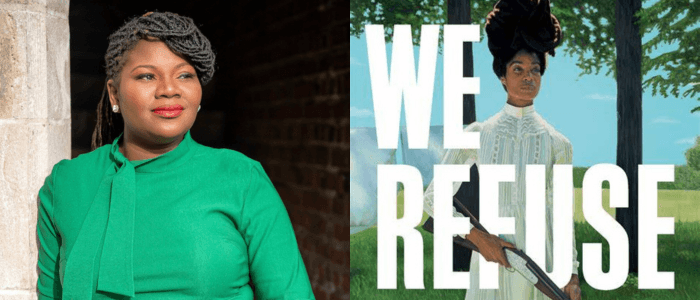Event
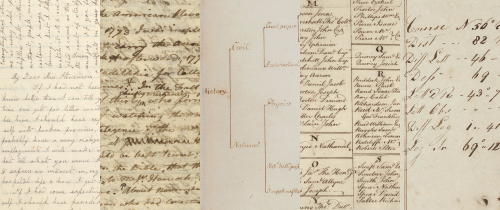
Linked Data Models for Digital Scholarly Editions of Historical Accounting Records
Author: Kathryn Tomasek, Wheaton College
Comment: Julia Flanders, Northeastern University
This is an online event.
Creating data models that can take advantage of the affordances of the web of data is a collaborative endeavor. For over a decade, Tomasek has been collaborating with historians, editors, and digital humanities scholars in the United States, Austria, and Japan to develop models for open-access publication of digital scholarly editions of historical accounts.
This paper focuses on creating taxonomies for goods and services grounded in Historical Statistics of the United States (HSUS), a bicentennial edition published by the Census Bureau in 1975 and a millennial edition published by Cambridge University Press in 2006. Taxonomies of goods and services with origins in HSUS will enable creation of metadata based on decades of historical scholarship either as an alternative to or in addition to such contemporary non-scholarly examples as Wikidata.
Join the conversation at the L. Dennis Shapiro and Susan R. Shapiro Digital History Seminar. Seminars bring together a diverse group of scholars and interested members of the public to workshop a pre-circulated paper. Learn more.
Purchasing the $25 seminar subscription gives you advance access to the seminar papers of all seven seminar series for the current academic year. Subscribe at www.masshist.org/research/seminars. Subscribers for the current year may login to view currently available essays.
Online Event
The virtual seminar begins at 5:00 PM and will be hosted on the video conference platform, Zoom. Registrants will receive a confirmation message with attendance information.
